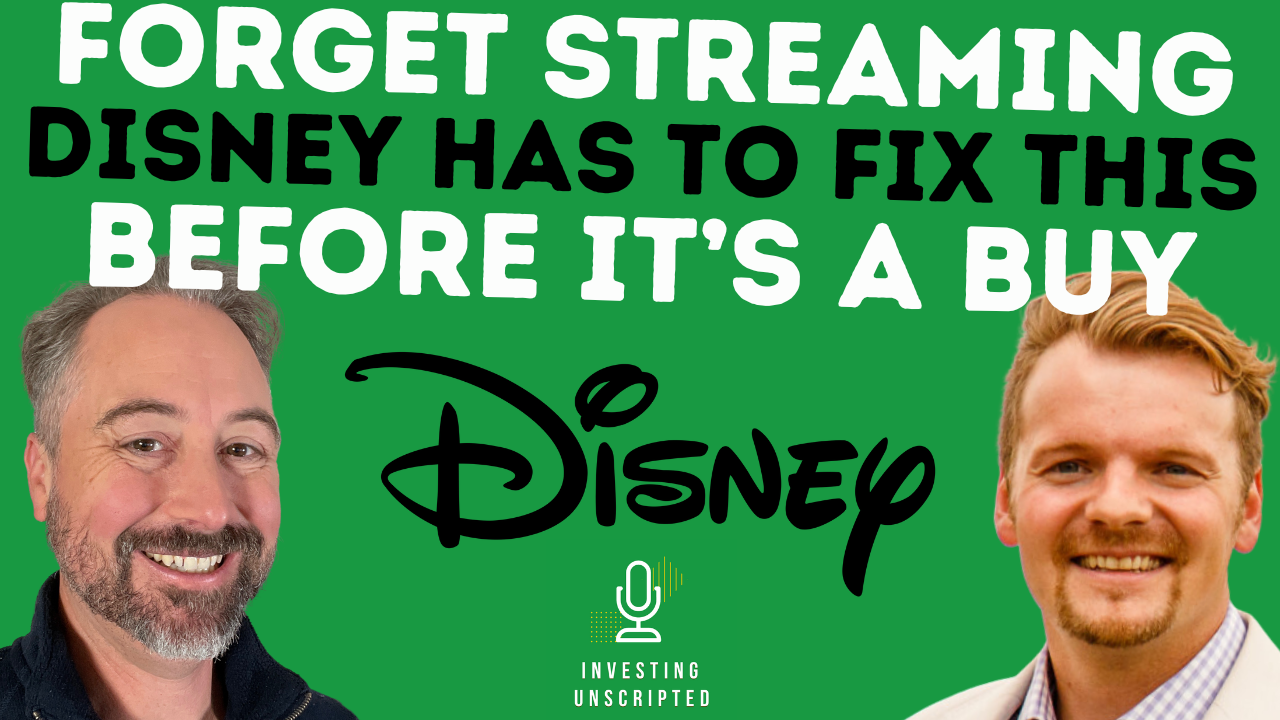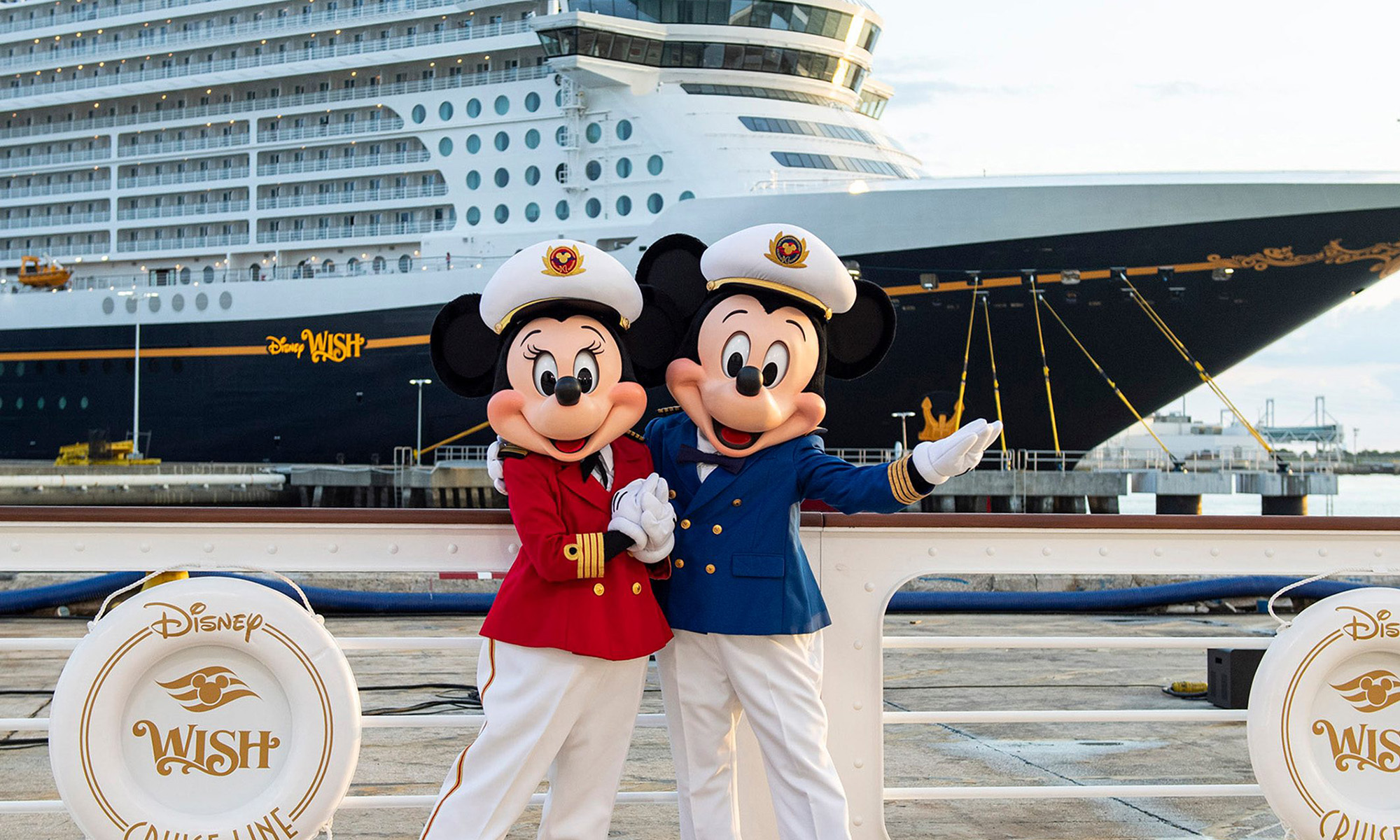In view of the changing media landscape, Disney (DIS +1.09%) is an example of both a company beholden to its past, while also striving for the future. The multimedia powerhouse found itself in danger of becoming less relevant as declining subscriber rates and cord-cutting ate into Disney's most profitable business: its media networks, including sports network ESPN. At least part of the blame can be attributed to the advent of streaming, as services like Netflix (NFLX +0.37%) offered an all-you-can-watch alternative at a much lower price point, causing viewers to dump cable packages.
Disney belatedly entered the streaming market, releasing an offering for sports fans: ESPN+. While this initial over-the-top service is a companion to its flagship sports network, it also acted as an important test of the company's ability to attract subscribers in an increasingly crowded streaming market.
Its early results seem to bode well for Disney's debut effort.

ESPN is a hit with customers. Image source: Disney.
An important milestone
Disney's Direct-to-Consumer and International (DTCI) segment announced today that its streaming service, ESPN+, has signed up more than 1 million paying customers since the app debuted this past April. The company said the vast majority are new viewers who have adopted the service since its launch. Subscribers to the predecessor platform -- ESPN Insider -- were ported over earlier this year, but ESPN said those represent "a significant minority of the total."
The company has been hard at work building out its $4.99 per month streaming service, offering sports fans hundreds of live games each year from Major League Baseball, the National Hockey League, and Grand Slam Tennis. The platform also offers a variety of worldwide professional sports including soccer, cricket, and rugby, as well as top-ranked boxing and UFC (Ultimate Fighting Championship) bouts.
ESPN president James Pitaro said in a statement:
Combining sports, technology and the ESPN brand is a very powerful combination, and we are just getting started. Very quickly, a wide range of sports fans have seen the value of ESPN+. With high quality programming and an outstanding user experience, ESPN and DTCI are expanding the ways Disney is serving sports fans.
Kevin Mayer, the head of DTCI, added, "We're thrilled so many sports fans have quickly come to love the service. The future is bright and we believe growth will continue as we add features, distribution partners, and more exclusive content in the coming months."
Changing with the times
The number of cable subscribers has fallen in recent years, pressured by changing consumer habits and an increasing number of viewing options. While estimates vary, the declines paint a stark picture. After peaking at over 100 million in 2010, ESPN subscribers have steadily declined, falling to 88 million to end 2017, down about 12% over the previous seven years.
While cable companies have increasingly turned to broadband services to offset losses from declines in pay-TV, media companies like Disney had no such luxury. The House of Mouse responded with plans for its own streaming services, and with its pending acquisition of Twenty-First Century Fox (FOX +0.00%) (FOXA +0.00%), which will bring a host of popular content and increase Disney's stake in Hulu from 30% to 60%. Disney has since hinted that Hulu would be a natural fit for much of Fox's hit programming.

Image source: ESPN.
An early win
The initial success of ESPN+ is an important indicator of the public's appetite for more over-the-top services, and it's an important step for Disney as it makes its debut on the streaming stage. The company's next solo effort is scheduled to debut late next year with a Disney-branded service, which will incorporate content from its Pixar, Marvel, Lucasfilm, and Disney studios, as well as original programming developed just for the service.
It's important to note that Disney still has a long way to go to catch the streaming leaders. Netflix recently topped 130 million viewers worldwide, and while it doesn't regularly reveal member numbers, Amazon reported earlier this year that its Prime service had over 100 million subscribers. That said, with its treasure trove of intellectual property, decades of original content in its vault, and a recent string of hit movies to populate its services, Disney should be viewed as "most likely to succeed."







